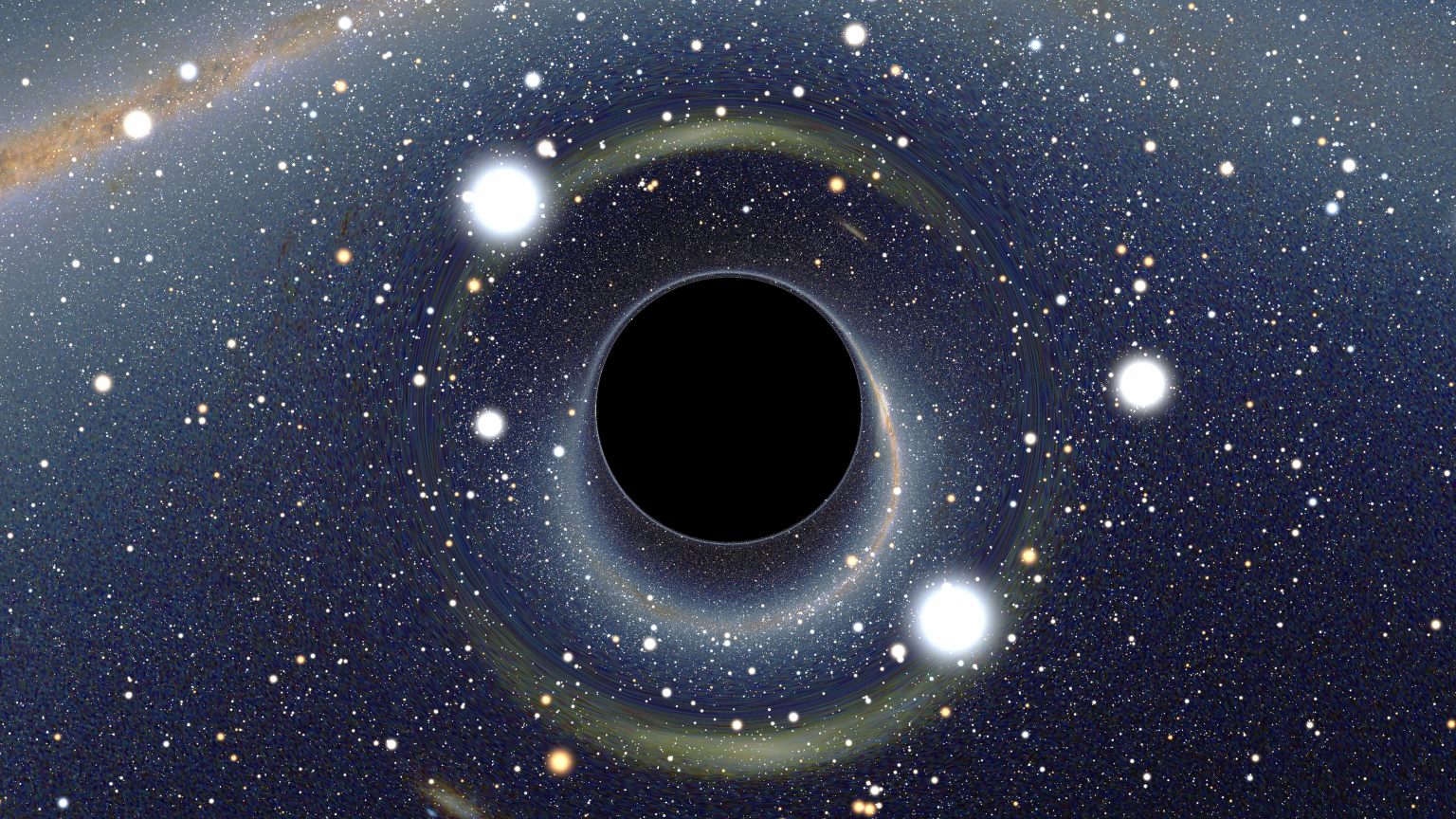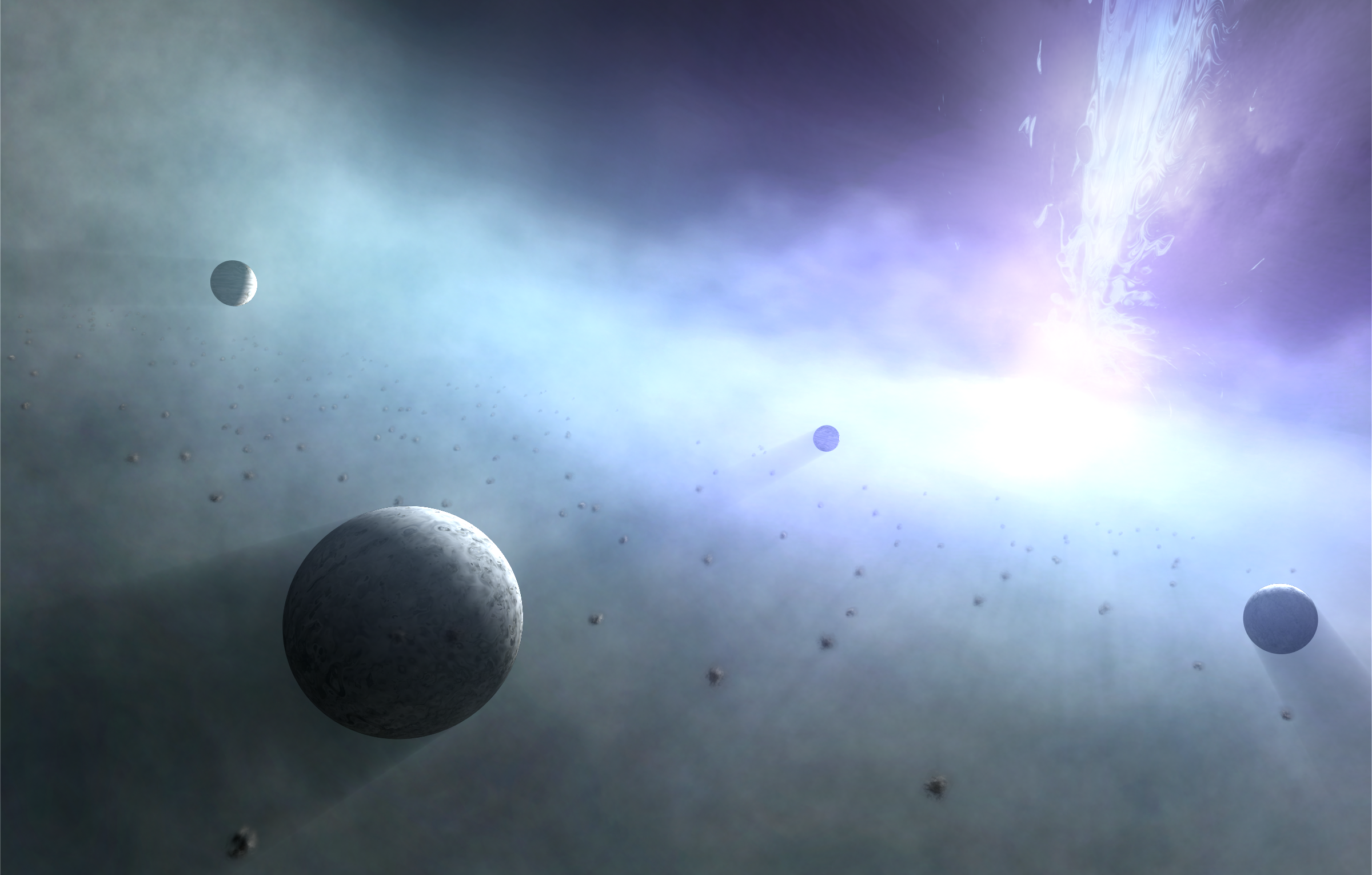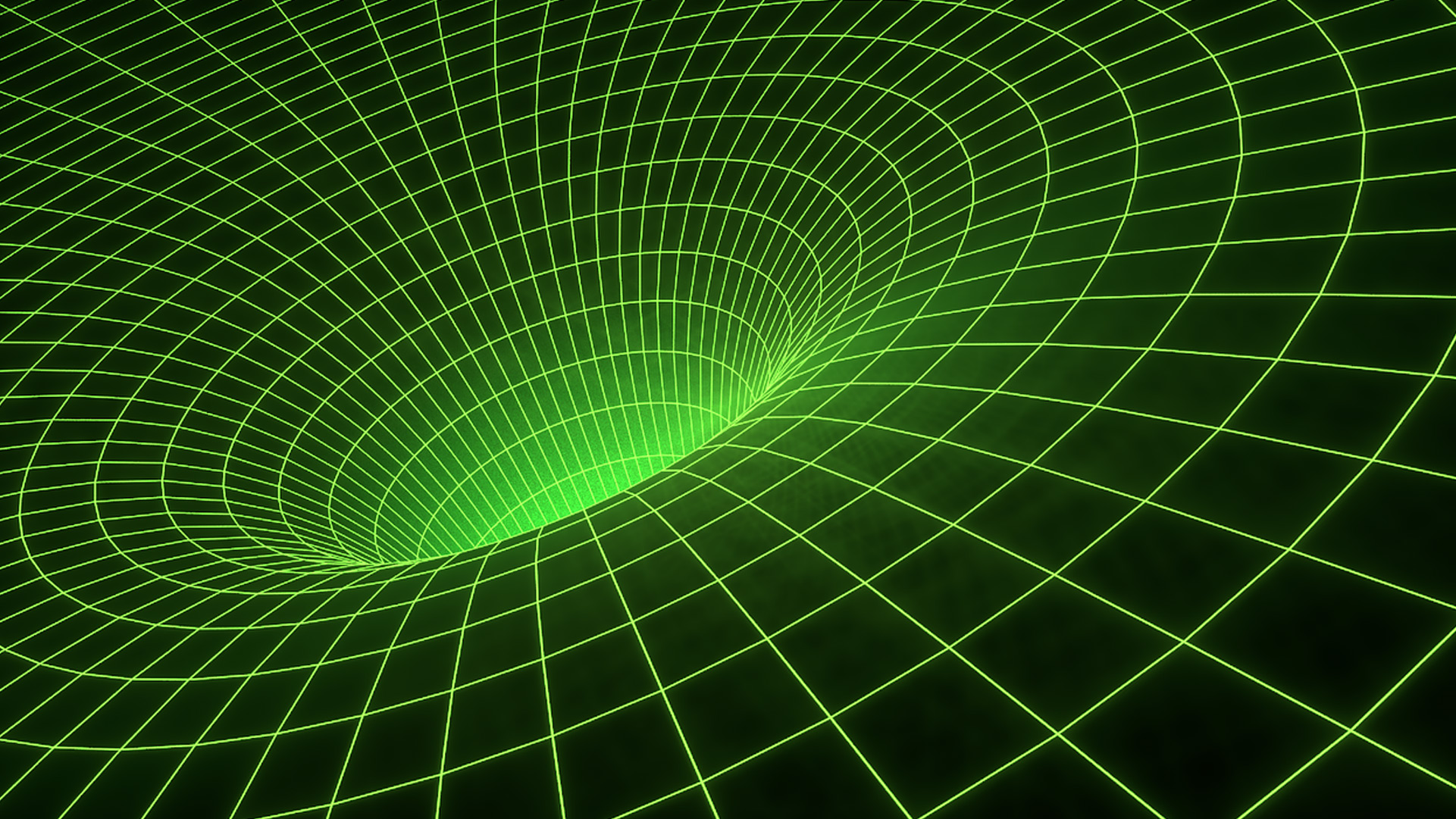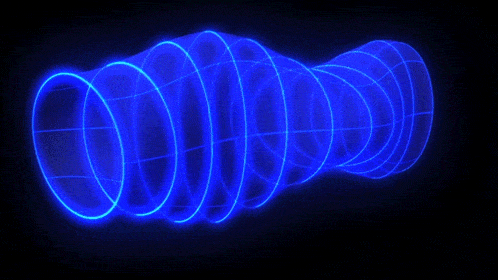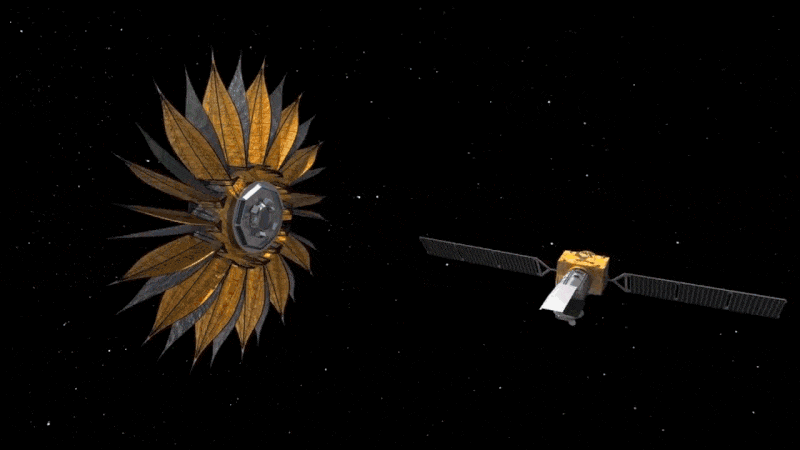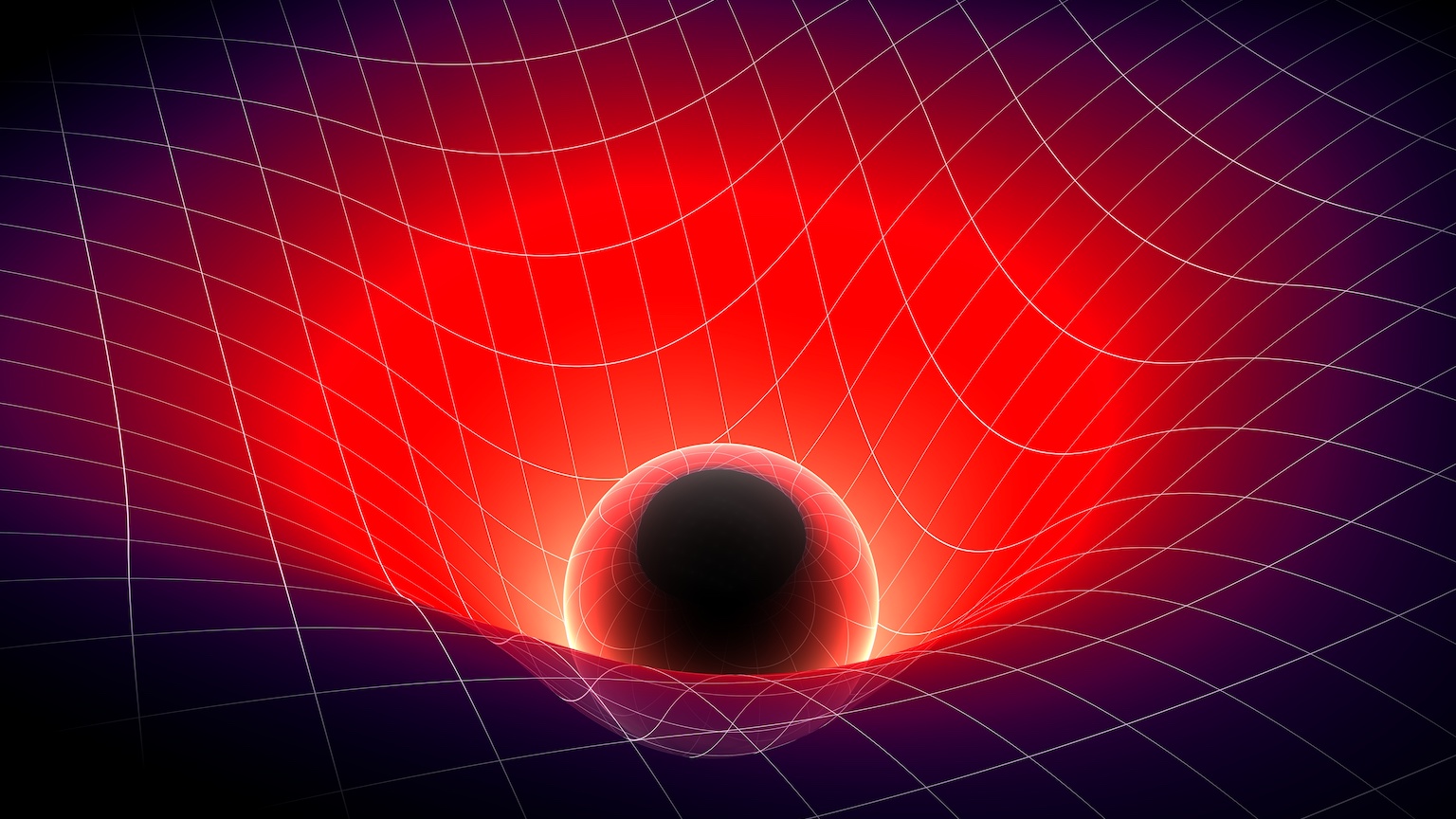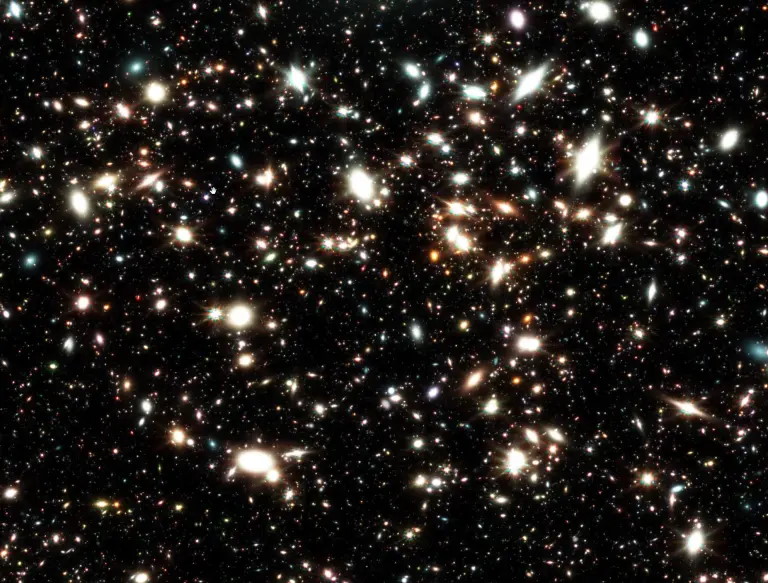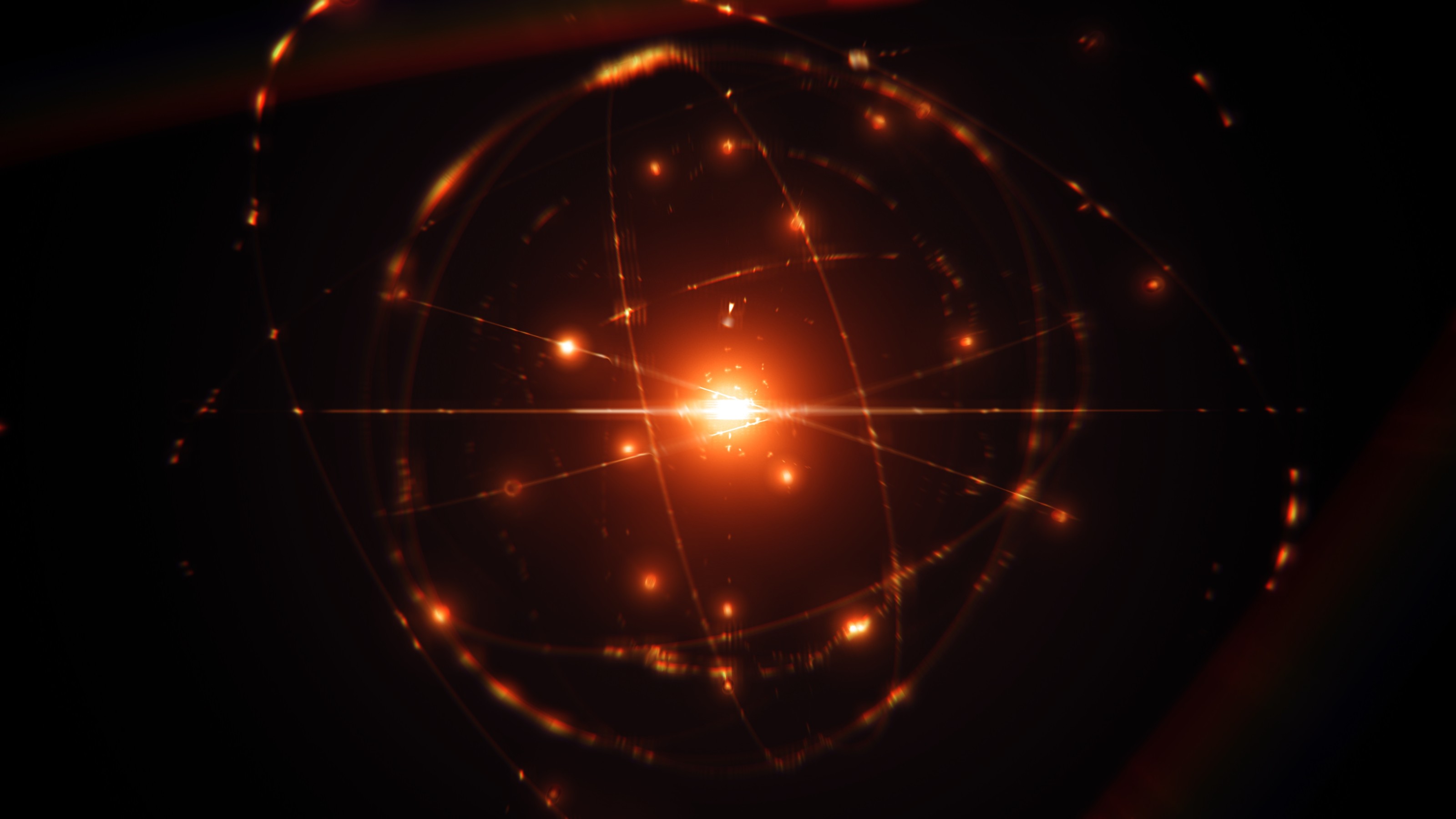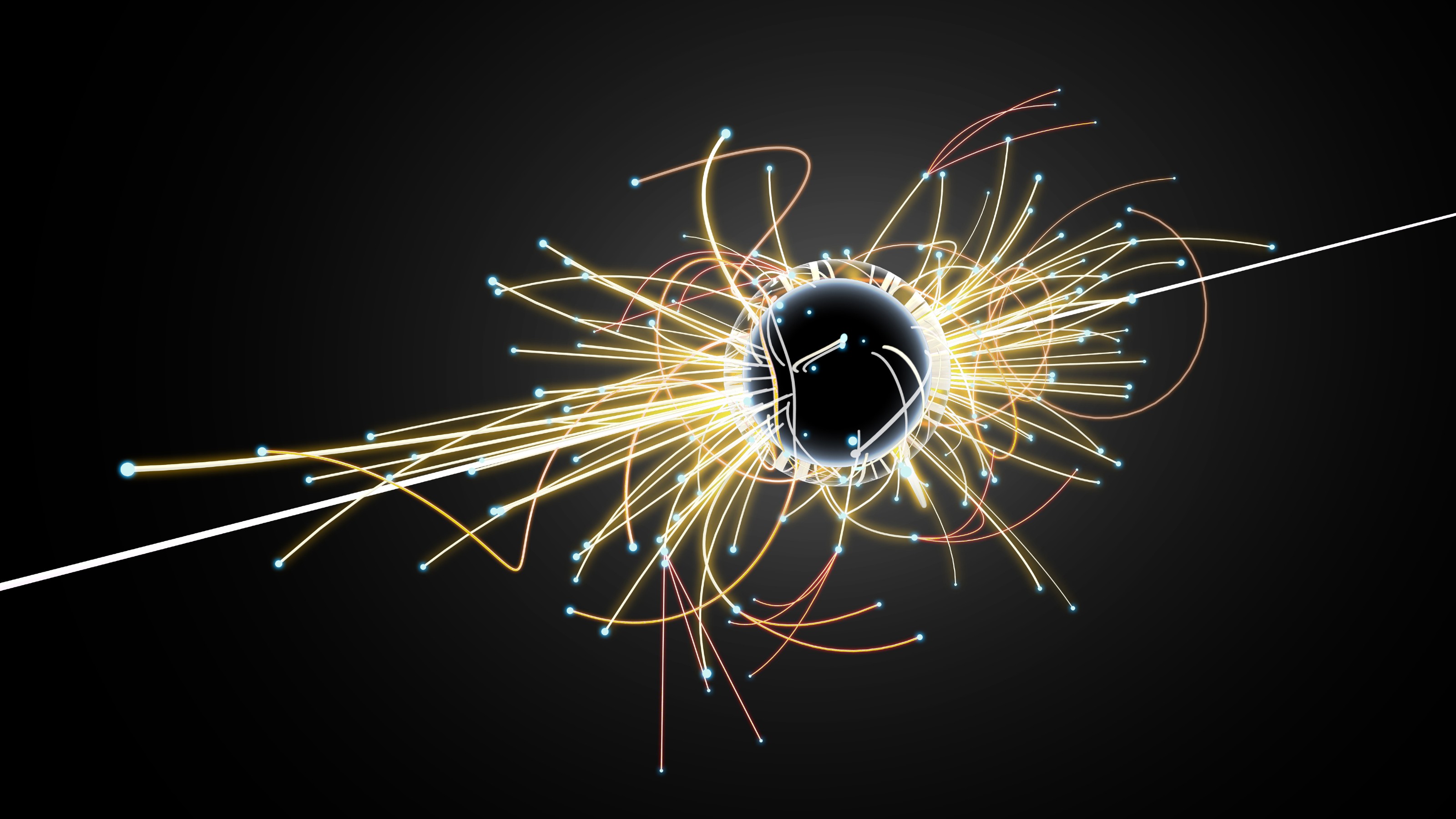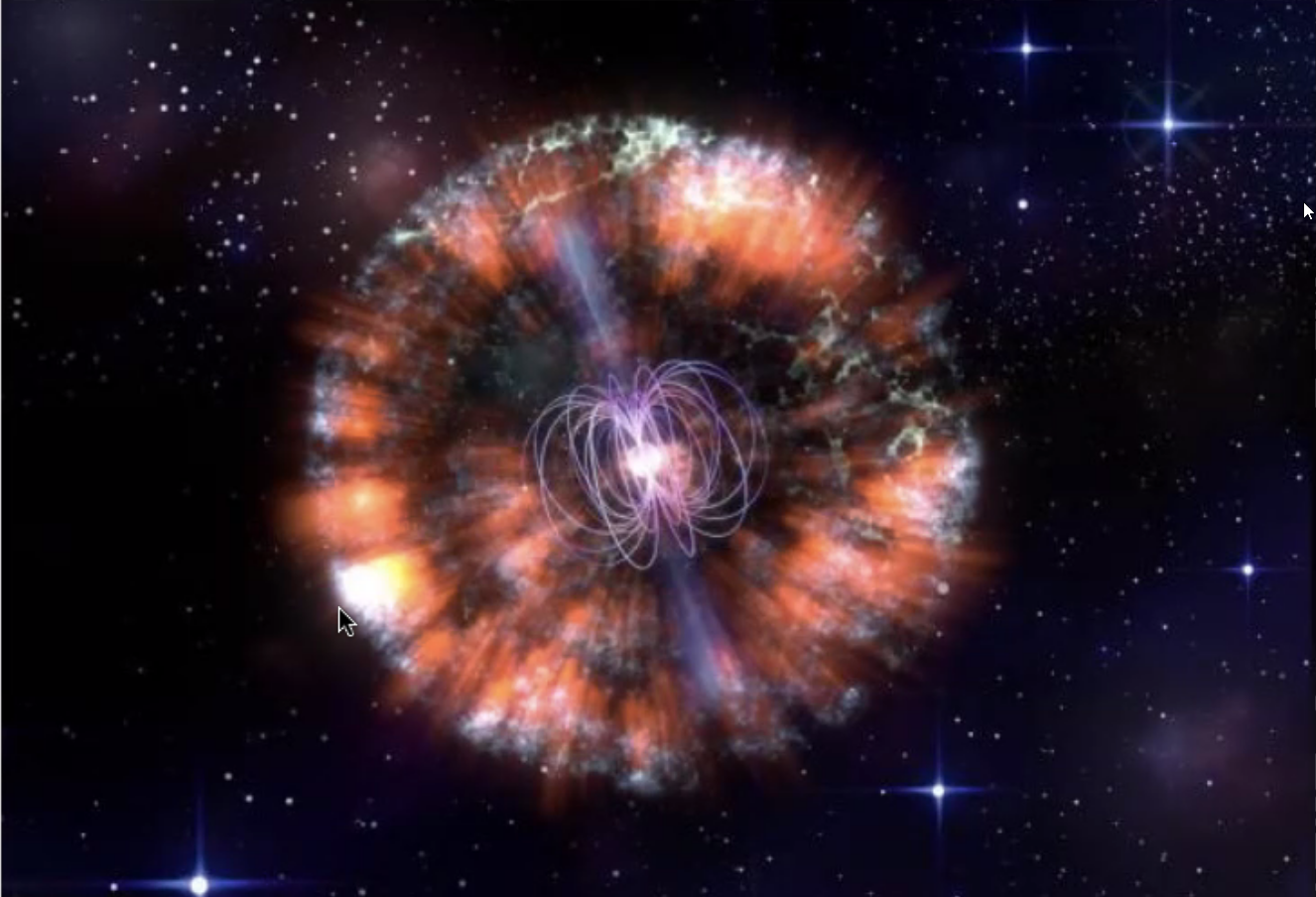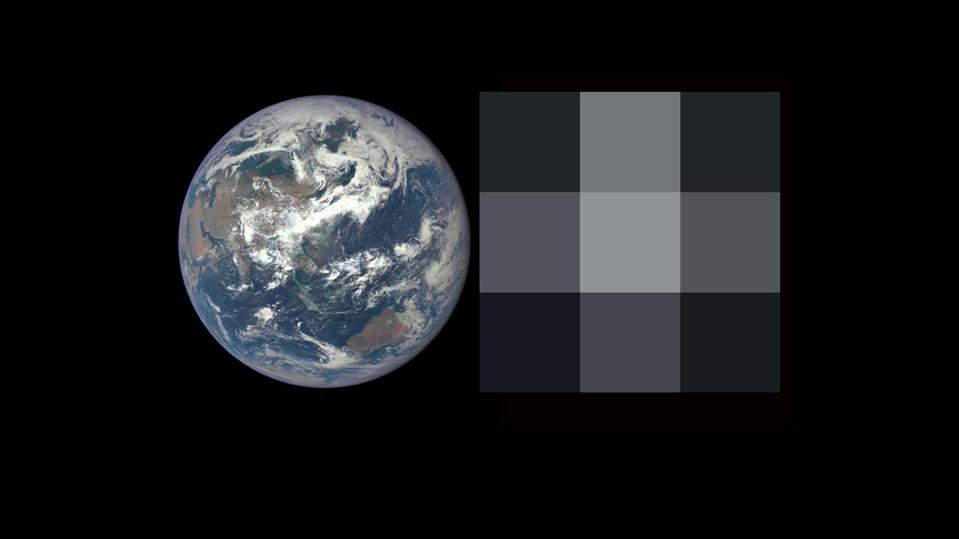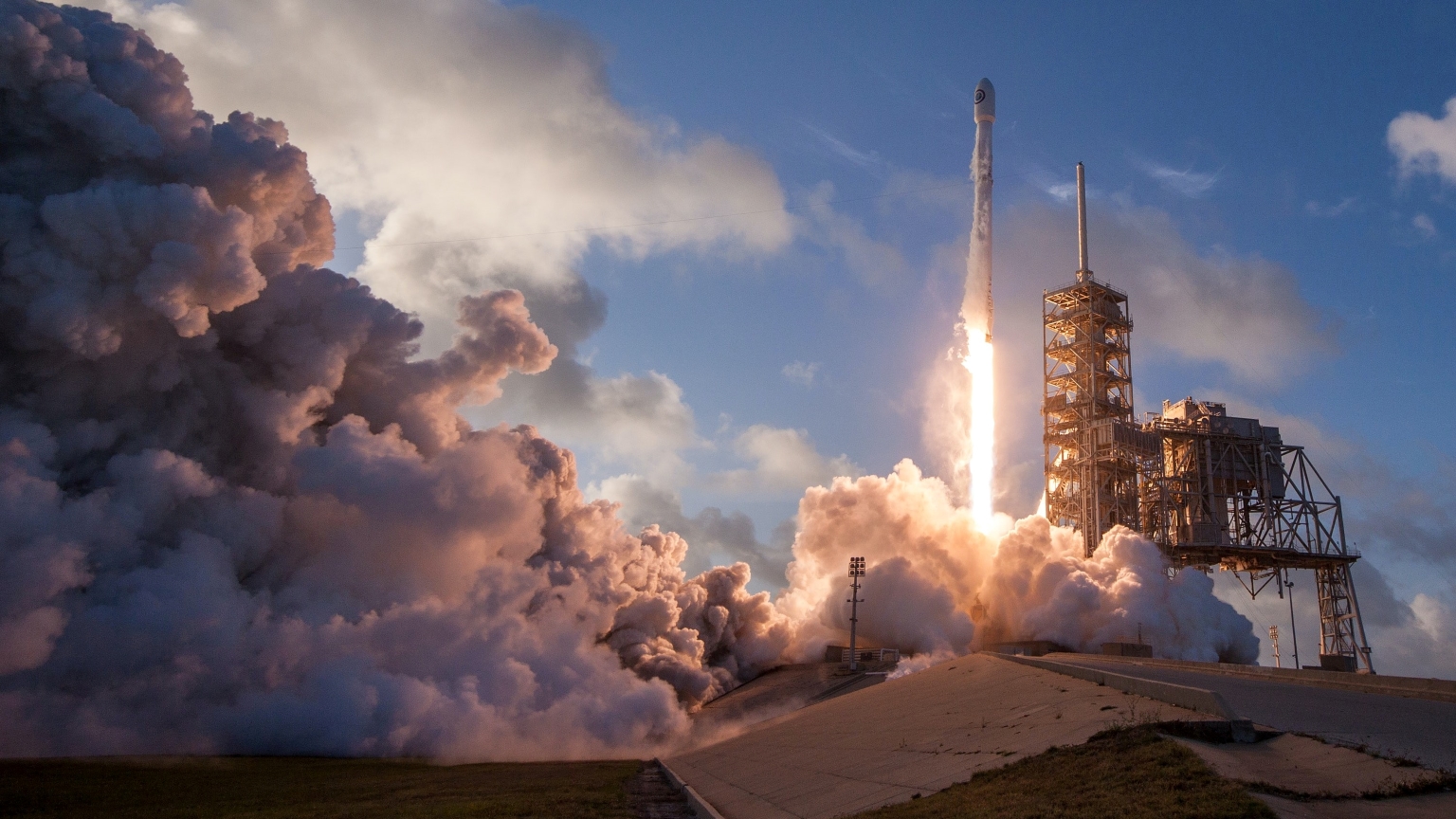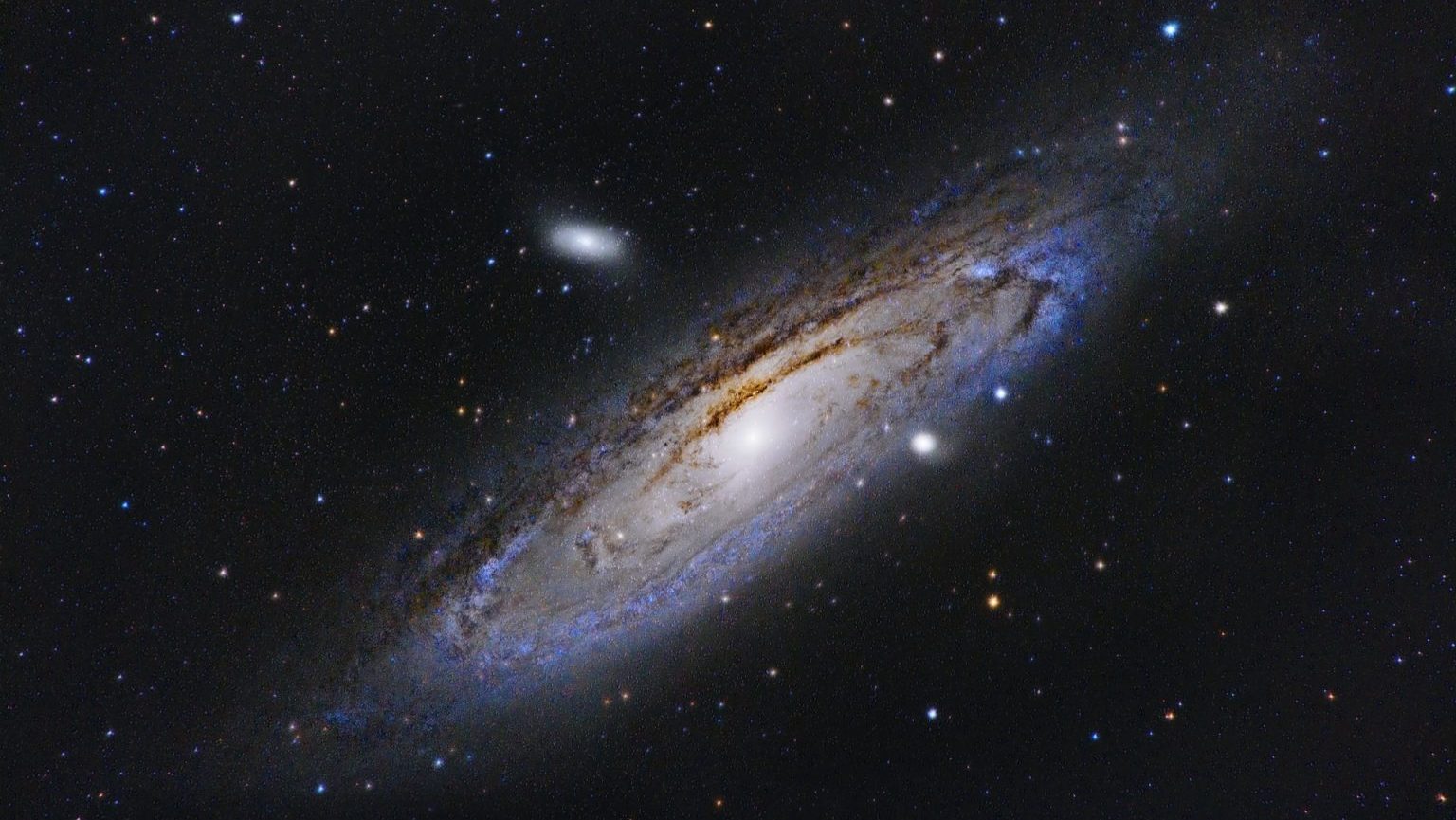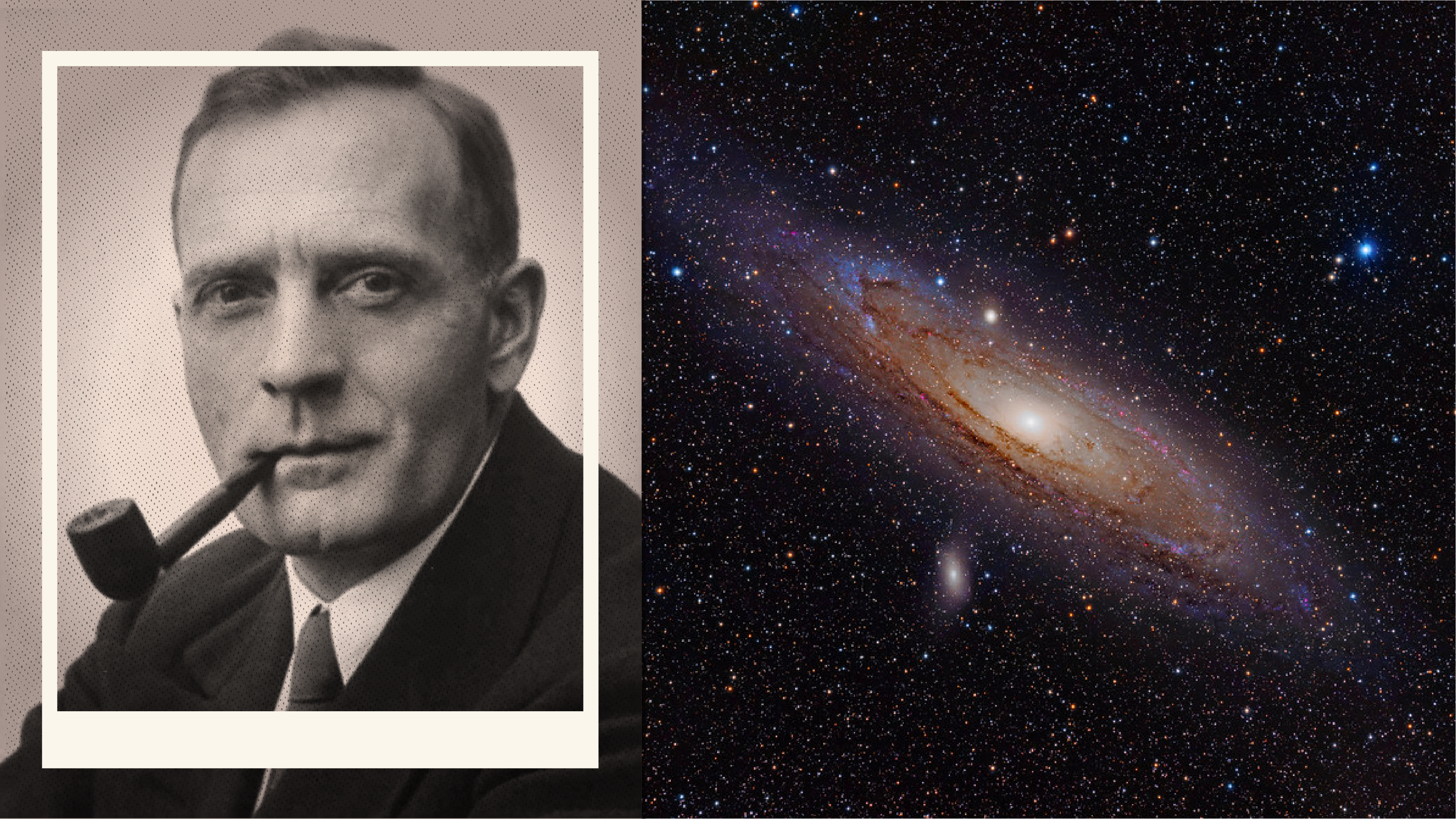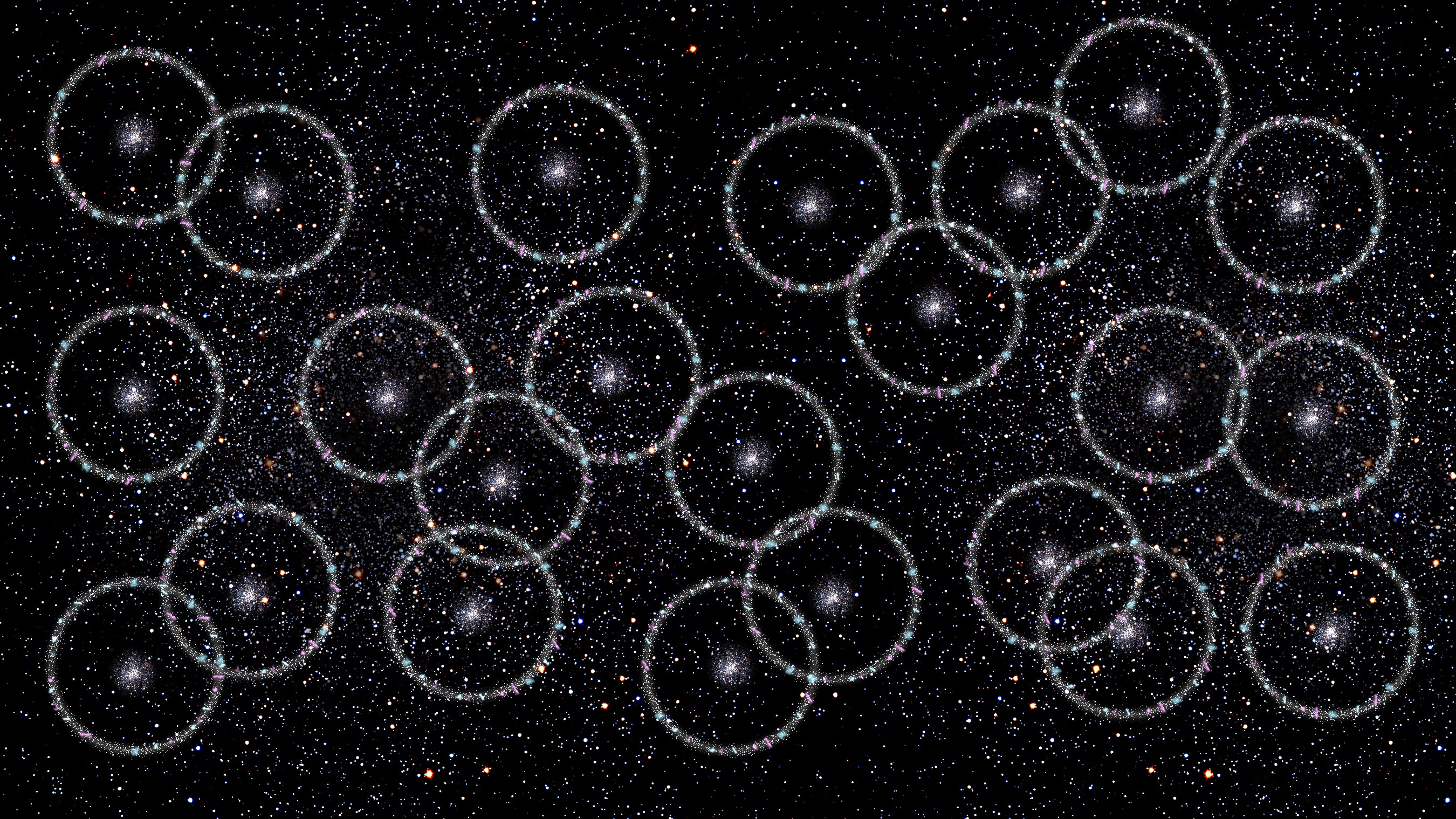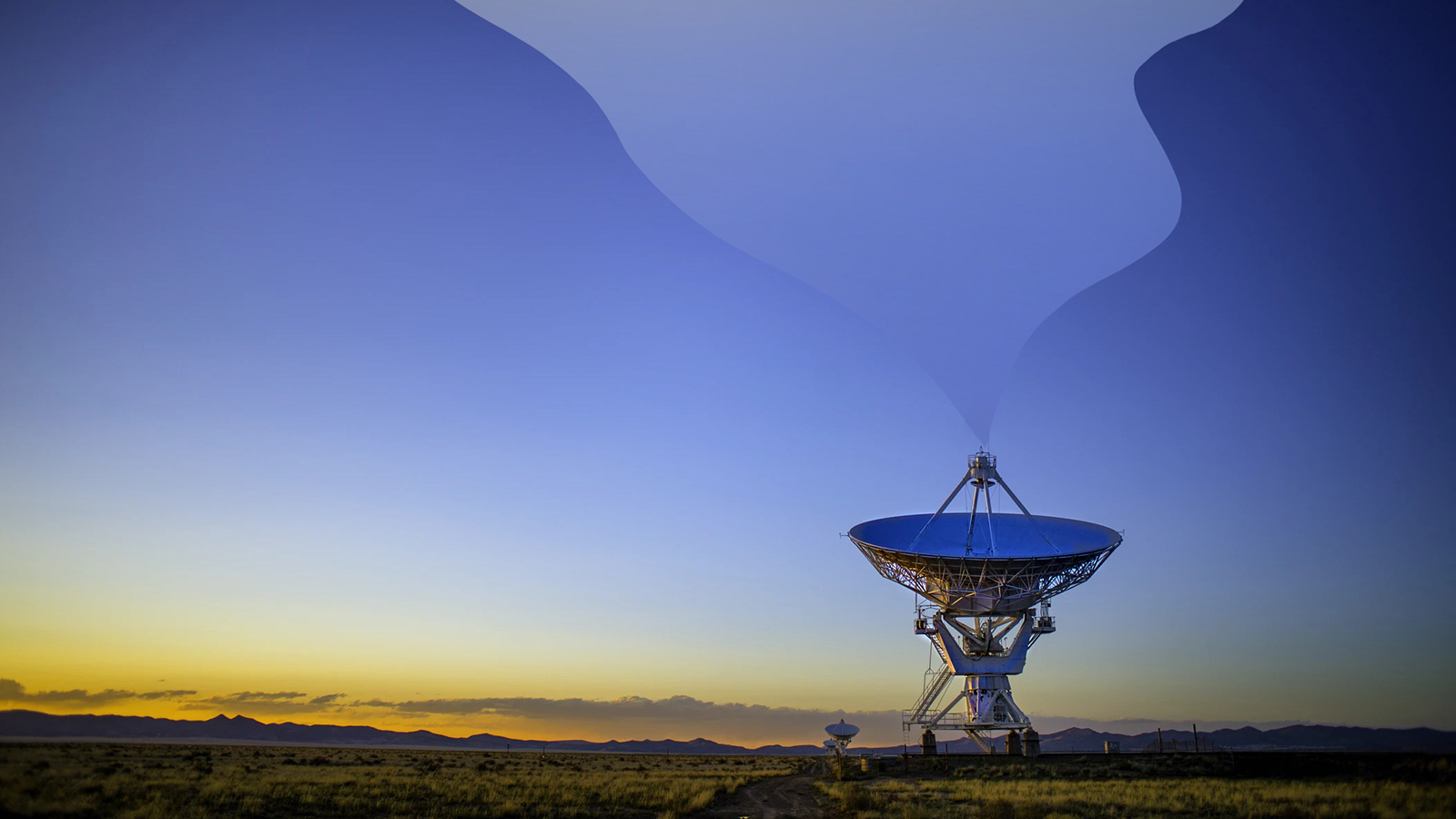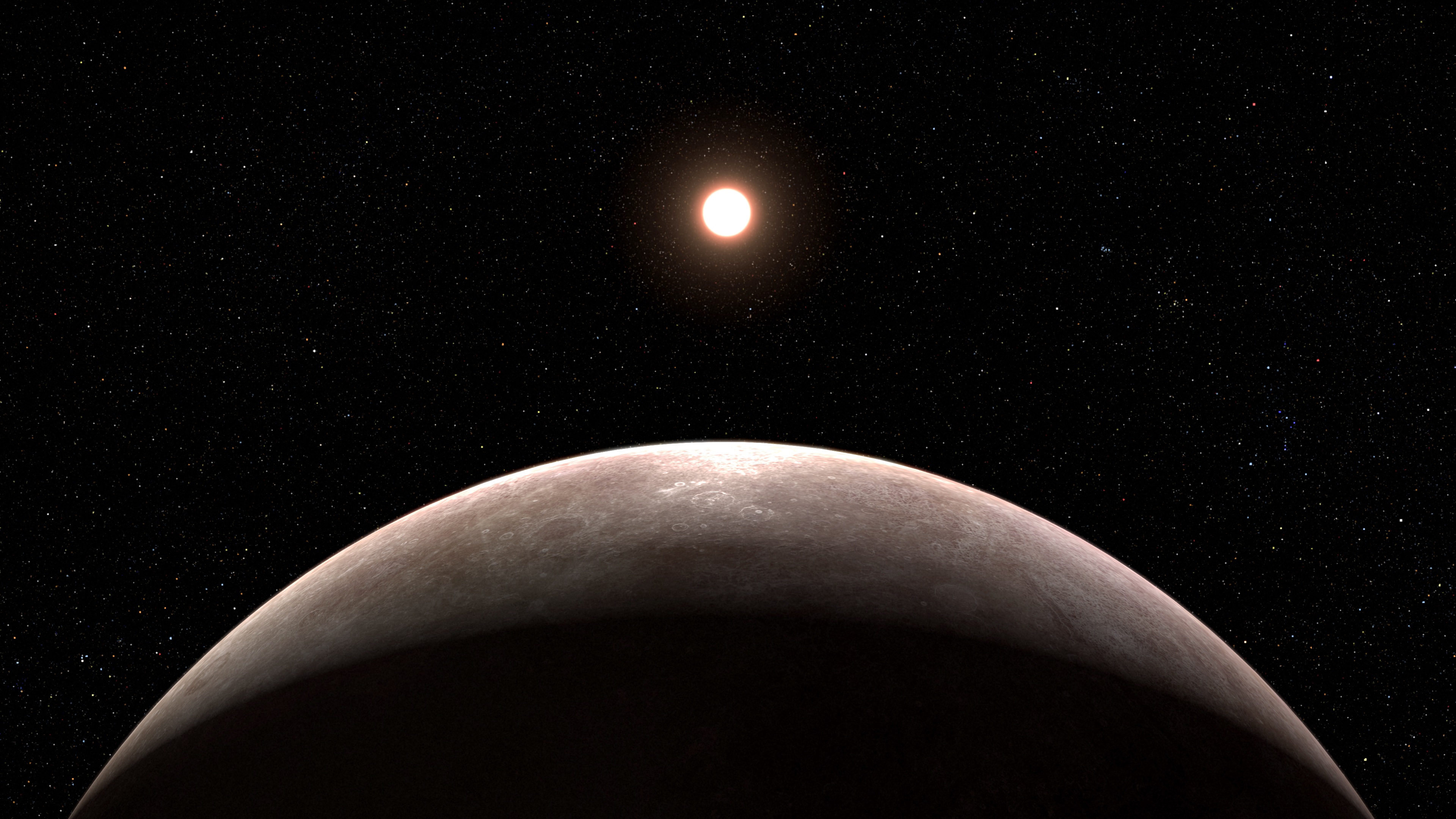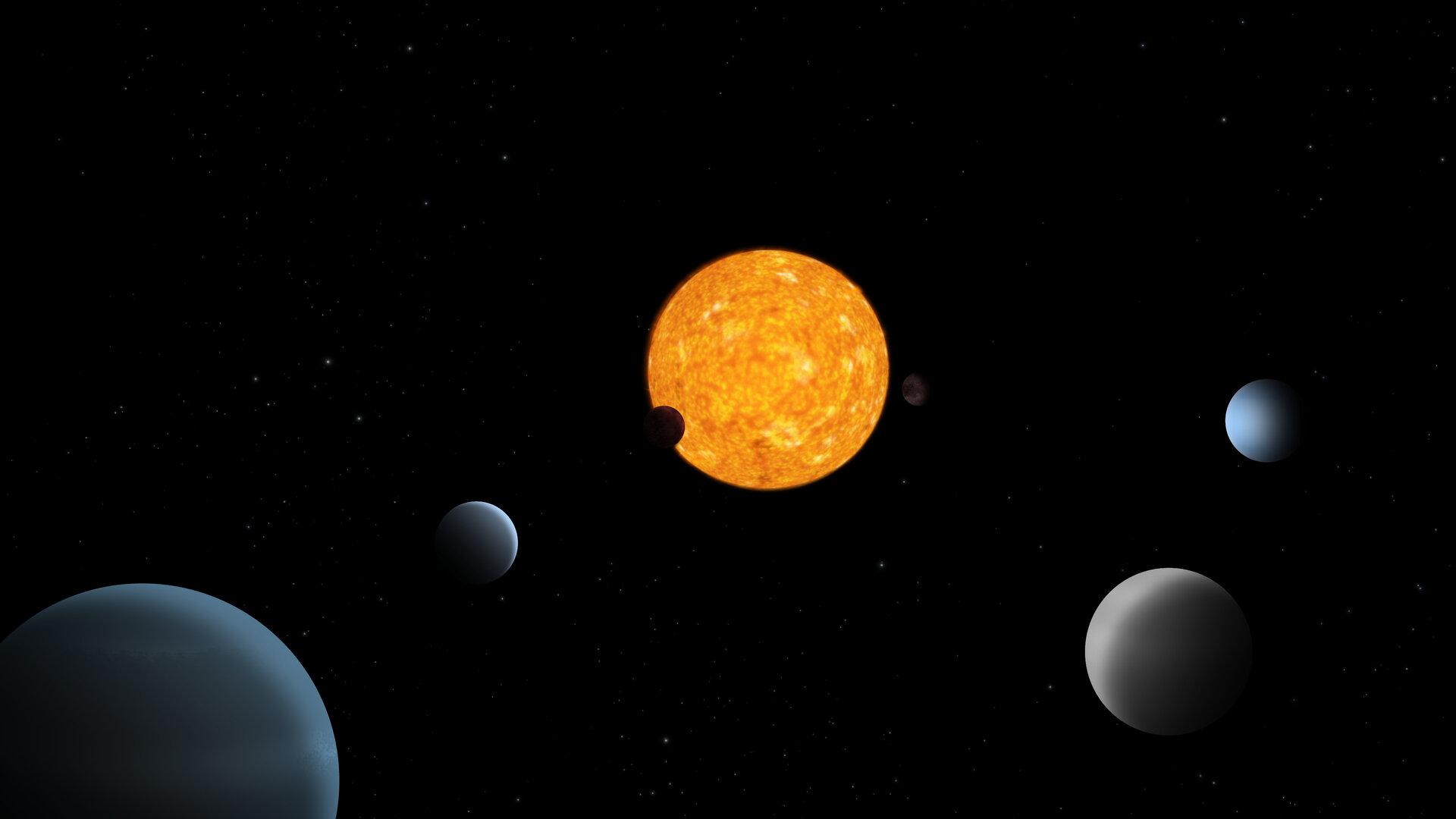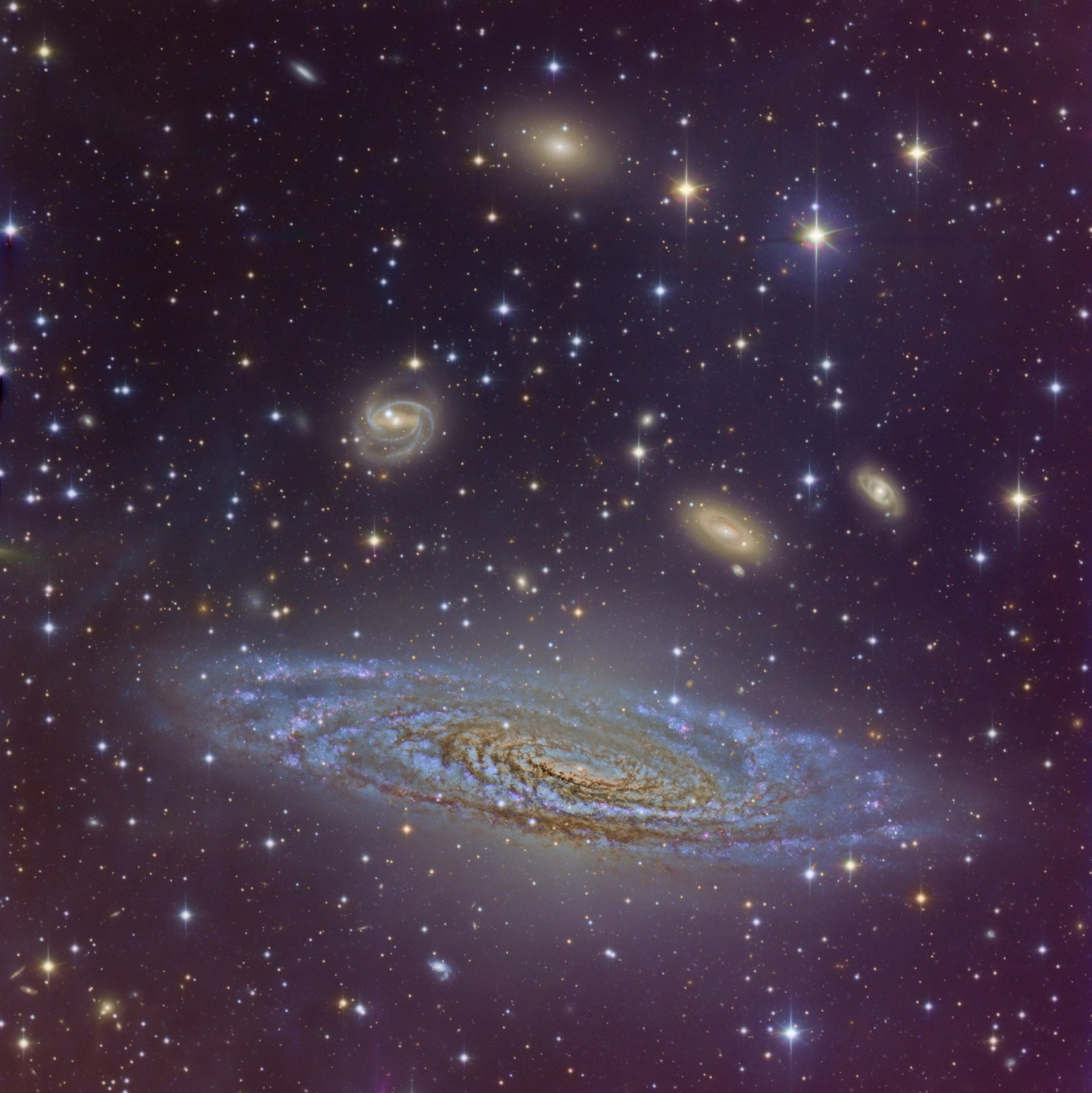Astronomers used supercomputers and an international network of antennas to create the stunning map.
Search Results
You searched for: Telescope
The electromagnetic force can be attractive, repulsive, or “bendy,” but is always mediated by the photon. How does one particle do it all?
The odds are slim, but the consequences would be literally world-ending. There really is a chance of a black hole devouring the Earth.
We are still new at this.
You are trapped in time. You never live in the world as it is but only as you experience it as it was.
The strongest tests of curved space are only possible around the lowest-mass black holes of all. Their small event horizons are the key.
Gravitational waves are the last signatures that are emitted by merging black holes. What happens when these two phenomena meet in space?
Big dreams and big telescopes are back at last, but everything depends on sufficiently funding NASA, the NSF, and the DOE.
Science continues to amplify our view of reality.
In the latest edition of the Starts With A Bang podcast, we talk with soon-to-be Dr. Arianna Long about galaxies, from birth to today.
A Fermilab study confirms decades-old measurements regarding the size and structure of protons.
These were the stories you clicked on the most.
The key problem with the dark matter hypothesis is that nobody knows what form dark matter might take.
Thanks to time-traveling telescopes, we can see more about the Big Bang
▸
with
The first supernova ever discovered through its X-rays has an enormously powerful engine at its core. It’s unlike anything ever seen.
If you think of the Big Bang as an explosion, we can trace it back to a single point-of-origin. But what if it happened everywhere at once?
Back in 1990, we hadn’t discovered a single planet outside of our Solar System. Here are 10 facts that would’ve surprised every astronomer.
Move over, IC 1101. You may be impressively large, but you never stood a chance against the largest known galaxy: Alcyoneus.
Nearly 200 orbital launches are scheduled for 2022.
The discovery of ultra-bright, ultra-distant galaxies was JWST’s first big surprise. They didn’t “break the Universe,” and now we know why.
Can two planets stably share the same orbit? Conventional wisdom says no, but a look at Saturn’s moons might tell a different story.
Physicists have yet to pinpoint the hypothetical matter that keeps galaxies from flying apart. Now they have a new focus.
Without modularization, many epic projects simply would be impossible.
For decades, astronomers have claimed the Milky Way will merge with Andromeda in ~4 billion years. Here’s why, in 2025, that seems unlikely.
It took nearly 400,000 years, after the Big Bang, to first form neutral atoms. The imprints from that early time can now be seen everywhere.
If life is common in the Universe, then where is everybody? Known as the Fermi Paradox, a new project may help solve the riddle.
JWST just found its first transiting exoplanet, and it’s 99% the size of Earth. But with no atmosphere seen, perhaps air is truly rare.
Red dwarf stars were supposed to be inhospitable. But TOI-700, now with at least two potentially habitable worlds, is quite the exception.
The far infrared reveals both the coldest and hottest gas in the Universe, and can teach us what no other wavelength range can.
Historically, astronomers have often named things creatively, bizarrely, and often inaccurately. But which terms are the most egregious?
